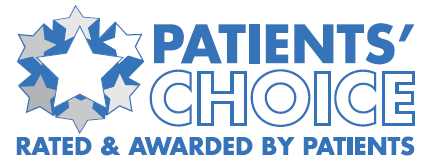According to reports from the National Cancer Institute, colorectal cancer is the third most common cancer in the US. 1 in 17 people in Minnesota will develop colorectal cancer. Deaths from colorectal cancer rank third after lung and prostate cancer for men and third after lung and breast cancer for women.
Research shows that regular colon cancer screening saves lives. Colonoscopy is one of the most effective exams for preventing colorectal cancer or for early diagnosis. Researchers reported in The New England Journal of Medicine last year that the death rate from colorectal cancer was cut by 53 percent in those who had the colonoscopy exam and whose doctors removed precancerous growths, known as adenomatous polyps.
Removing precancerous polyps can help prevent the development of colorectal cancer since colon cancers usually develop from adenomatous polyps. Just like any cancer, the earlier it is found, the easier it is treated.
Although more people in the Minneapolis and St Paul areas have regular colonoscopy screening exams, many qualified people in Minnesota haven’t had any colonoscopy tests yet. One Stop Medical Center offers convenient and affordable colonoscopy in its Edina office. Our patient friendly formula makes bowel preparation much easier.




